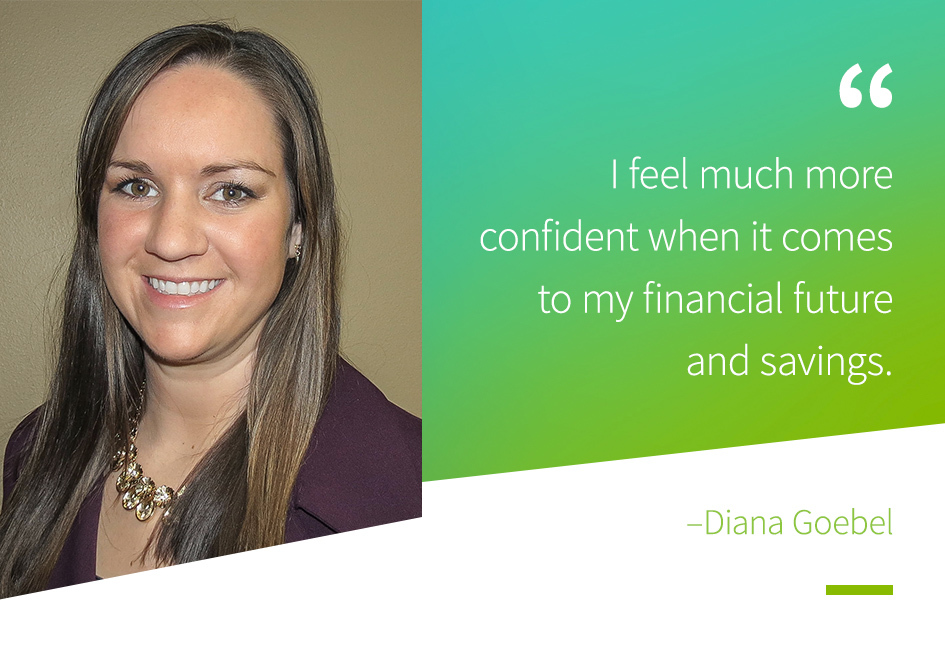This has been a year like none other. The COVID-19 pandemic has brought to light an important reminder for many: when it comes to finances, planning for the unexpected can be critical.
The pandemic precipitated many life-changing occurrences, including impacts to income and investments. An April 2020 Regions Next Step survey found 81% of Americans surveyed did not consider themselves to be “financially fit,” and 61% of those respondents said they were stressed about their household finances over the coming year.
“This year has shone an even brighter spotlight on the critical role savings can play in everyone’s lives,” said Joye Hehn, Next Step financial education manager for Regions Bank. “At Regions, we have an entire team dedicated to providing free guidance on how to easily get started with saving through our Next Step program. We’re passionate about helping people take that next step toward securing their financial futures.”
One way to better protect your future self – and your future finances – from uncertainty is through the creation of an emergency savings fund.
“When I speak with individuals and organizations, I always highlight that the time to take the next step with your finances is now,” explained Donna Medina, a financial wellness relationship manager for Regions. “Even if you didn’t have funds saved to help you as the pandemic struck, you can find ways now to build up emergency savings for the next unanticipated situation.”
An emergency savings fund provides the cushion needed to cover unexpected expenses and to prevent missing payments on existing obligations.
“Knowing you’ll have the money to pay for emergencies eliminates stress and helps you focus entirely on handling the issue at hand,” Medina said. “I often recommend the downloadable 52-Week Savings Challenge as a simple guide for people who don’t think they have enough cash flow to save because it shows how even saving small amounts every week can add up over time.”
Diana Goebel in Belleville, Illinois, took advantage of other free guidance provided by Regions Next Step when she participated in several financial seminars to help jump-start her savings.
“I feel much more confident when it comes to my financial future and savings,” Goebel explained. “After hearing the seminars, I have learned to always pay myself first and put at least 10% of each paycheck into my savings account for our ‘rainy day’ fund. It helps me feel more comfortable knowing I have the funds that I may need if any large, unexpected expenses come up.”
Indeed, it wasn’t long before what she learned paid off.
“Recently, it came in handy when we unexpectedly had to put new brakes on both of our family cars,” she said. “I knew we could cover the costs and not stress out about how we would pay the large bill.”

National Savings Day is recognized annually on Oct. 12. But even if you miss Savings Day itself, you can always start the process toward saving more – and becoming more prepared.
As you put together an emergency savings fund, Regions Next Step has tools and resources to help. Consider starting here:
- Learn how much you should set aside for emergencies with this emergency fund calculator.
- Begin with small steps like setting up a direct deposit from your paycheck into a savings account.
- Schedule an automatic transfer from your checking account to your savings account each month.
- Find more tips on starting or growing your emergency fund and savings by listening to Regions Next Step podcasts.
Regions continues its commitment to providing free financial education during the COVID-19 outbreak and beyond. Visit Regions.com/NextStepCoronavirus for tips and resources to help with navigating financial challenges, staying on track and safeguarding your future.
